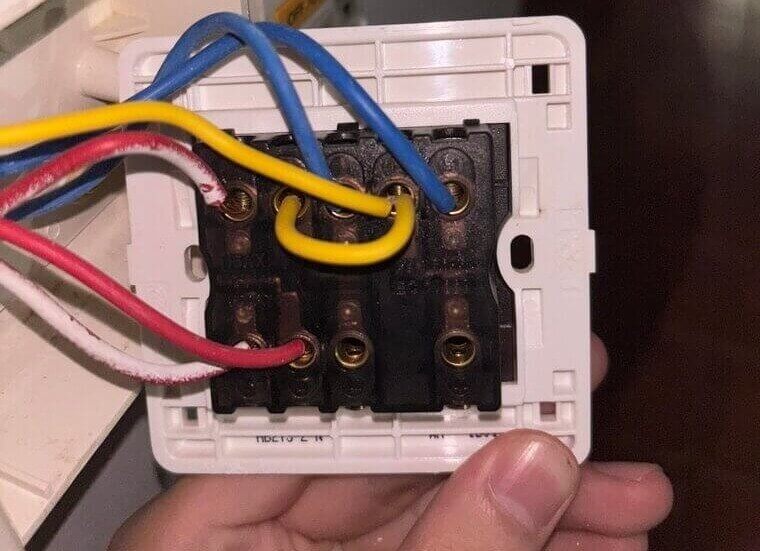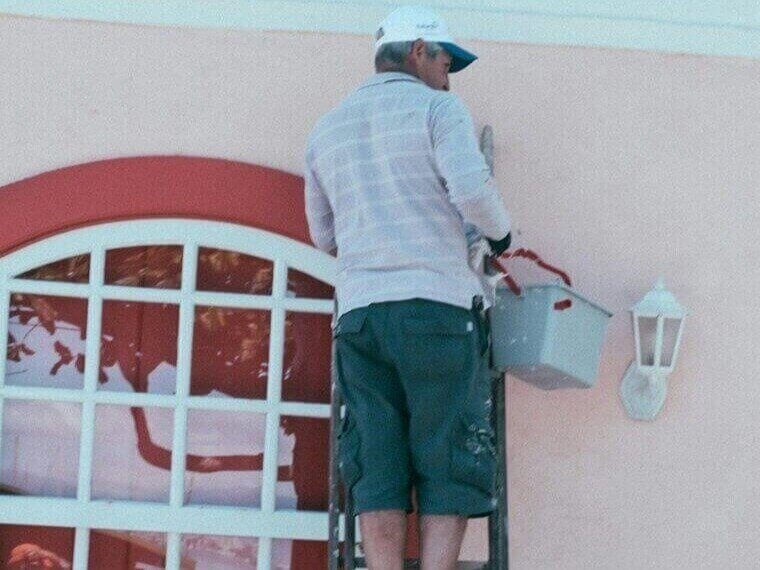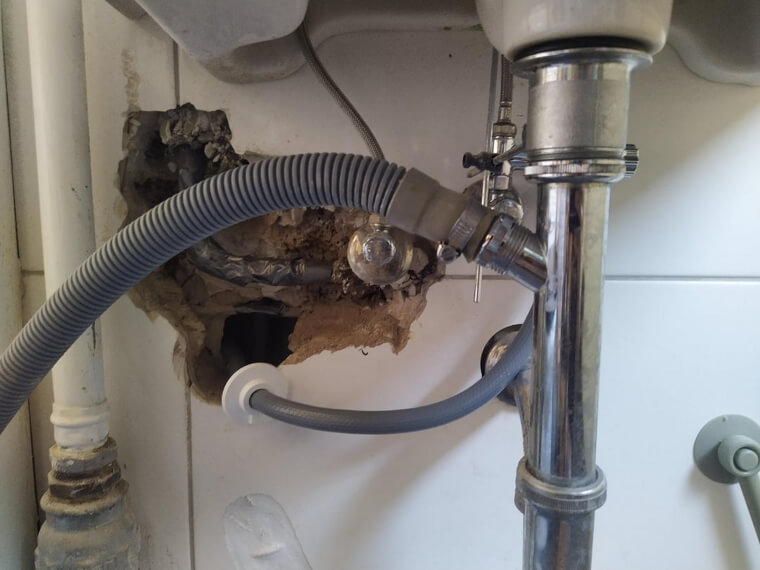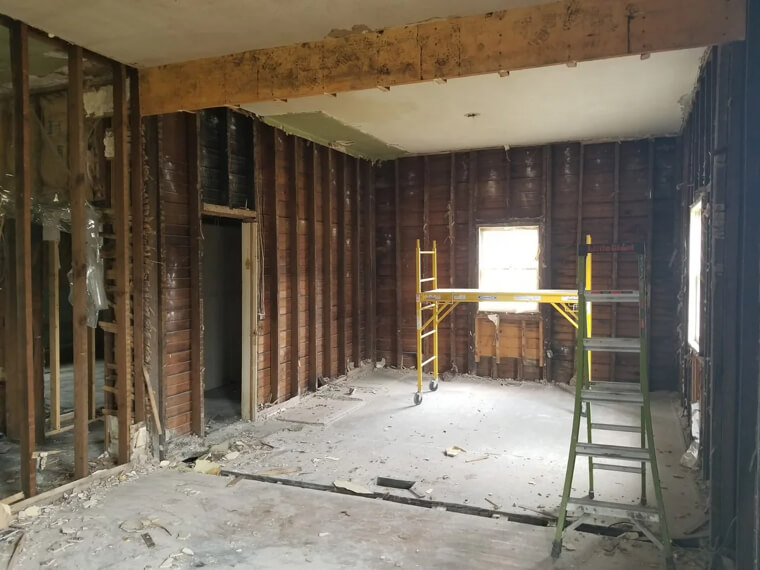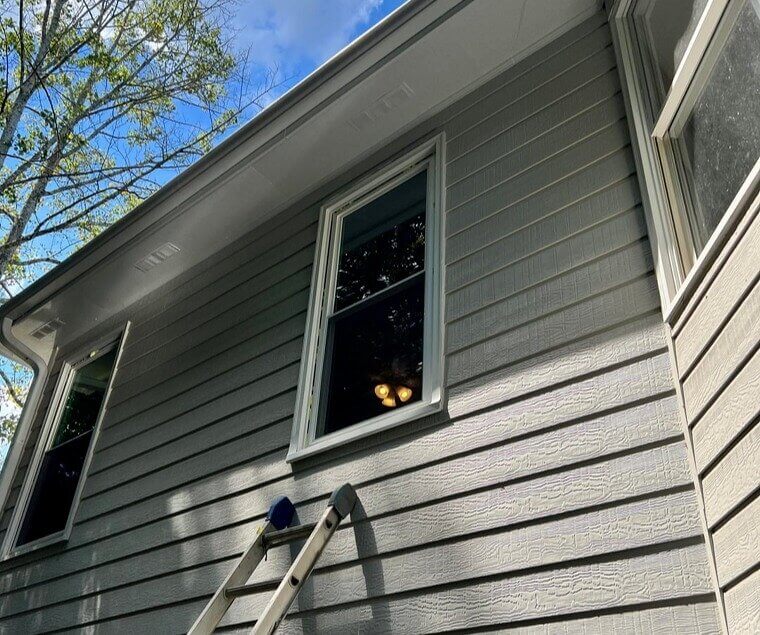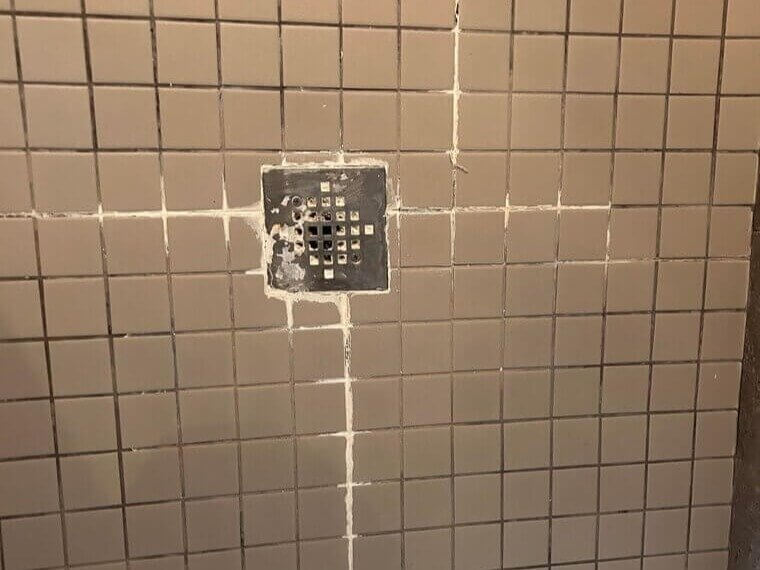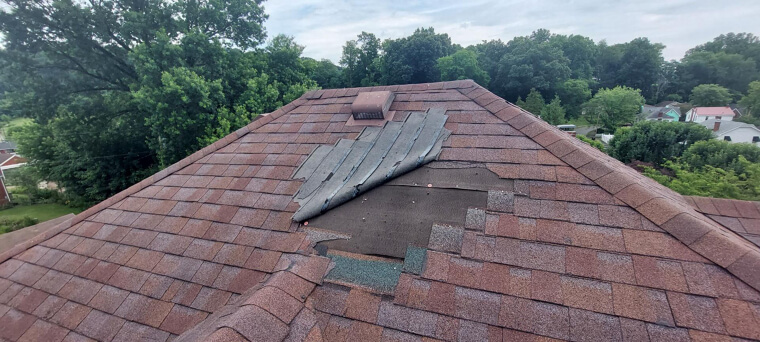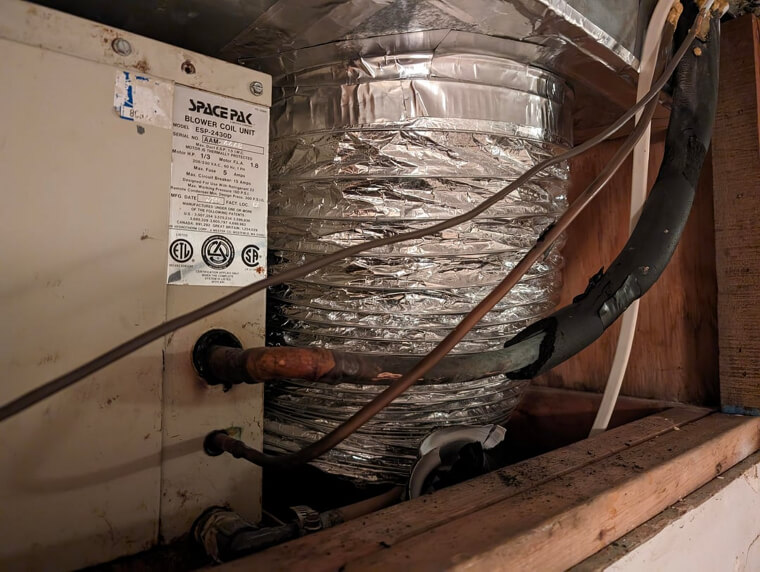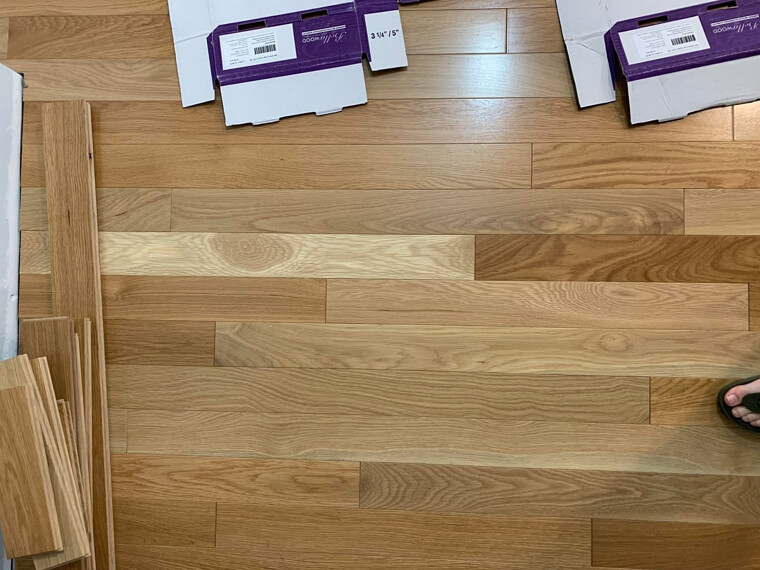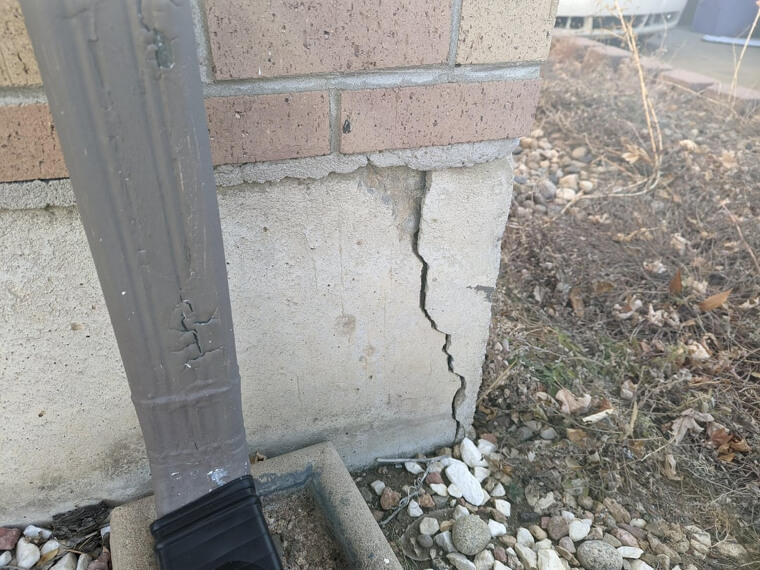Electrical Rewiring
Tinkering with wiring might seem simple after watching a few tutorials, but most electrical systems are more complicated than they appear. Real estate agents say poorly done wiring jobs are one of the biggest red flags for home inspectors. Incorrectly grounded outlets, loose connections, or overloaded circuits can become fire hazards and instantly drop your home’s value. Buyers will often insist on professional inspection reports if they suspect amateur electrical work. Even small mistakes can require thousands of dollars in repairs, so it is safer and smarter to hire a licensed electrician instead of attempting rewiring yourself.
Exterior Siding Replacement
Replacing siding may seem manageable, but improper installation often leads to hidden water infiltration that causes rot and mold behind the walls. DIYers sometimes overlap panels incorrectly or leave seams unsealed, which lets moisture collect over time. These flaws can go unnoticed until serious structural damage appears. Real estate agents report that visible siding imperfections immediately lower curb appeal and resale value. Buyers see uneven seams or mismatched panels as signs of shortcuts elsewhere in the home. Hiring a professional ensures correct alignment, moisture barriers, and a weatherproof finish that protects your investment for years to come.
Major Plumbing Repairs
Replacing a faucet or tightening a pipe is manageable, but major plumbing projects are a different story. Homeowners who attempt to move drain lines or install new shower systems often create leaks behind walls or under floors. These mistakes can lead to hidden water damage and mold, two issues that worry real estate agents and potential buyers alike. Even if a problem seems small, a poor seal or wrong fitting can cause long-term issues that reduce resale value. For major plumbing upgrades, paying for a licensed plumber is the best way to avoid expensive repairs later on.
Structural Wall Removal
Many homeowners dream of open-concept living spaces, but removing a wall can cause serious structural problems if done incorrectly. Load-bearing walls support more than they appear to, and weakening them can compromise the entire frame of the home. Real estate agents often warn that buyers walk away immediately when they see sagging ceilings or uneven floors caused by unapproved renovations. Even if the wall is not load-bearing, removing it can interfere with wiring, plumbing, or HVAC routes. Before attempting any structural changes, always consult an engineer or contractor to ensure the work meets safety and building standards.
Window Replacement
Installing new windows looks straightforward, but improper fitting or sealing can lead to significant energy loss and water damage. DIY installers often fail to square frames correctly or leave small gaps that cause drafts and rot over time. Home inspectors can easily spot sloppy window work, which can cause buyers to assume the rest of the house was also repaired without professional help. Real estate agents say these visual clues reduce trust and lower offers. A professional installation guarantees better insulation, moisture protection, and alignment, helping you preserve both comfort and long-term resale value.
Tile and Grout Installation
Poorly installed tile might look fine at first glance, but real estate agents say buyers notice uneven grout lines immediately. DIY tiling projects often suffer from improper spacing, weak adhesive, or cracked grout that allows water to seep underneath. Once moisture reaches subflooring or drywall, costly damage follows. Kitchens and bathrooms are high-impact selling areas, and sloppy tile work can ruin first impressions during showings. Even minor visual flaws can make a home appear poorly maintained. Paying for professional installation ensures straight lines, correct sealing, and long-term durability that keeps your surfaces looking new for years.
Roof Replacement
Climbing onto the roof with shingles and a nail gun might sound like a way to save money, but most DIY roofing jobs end in regret. Without professional training, it is easy to miss flashing details or underlayment placement, leading to future leaks. Water intrusion from a bad roof repair can damage insulation, drywall, and ceilings, often without showing signs for months. Real estate agents say that visible amateur work on a roof is a serious buyer concern. It not only decreases confidence in the entire property but can also trigger higher home insurance premiums during inspections.
HVAC System Repairs
Heating and cooling systems are complex, and even small mistakes can affect efficiency and safety. DIYers who attempt to repair thermostats, ductwork, or refrigerant lines risk creating uneven airflow or costly mechanical damage. Buyers are wary of homes with HVAC systems that do not run smoothly, and inspectors can easily detect improper repairs. A poorly functioning system also increases energy bills, which agents say is a major concern for buyers comparing listings. Professional technicians are trained to maintain efficiency and safety standards, making expert service worth the investment and preventing expensive replacement costs in the future.
Flooring Installation
Laying new flooring can look like a fun weekend project, but the results often expose inexperience. Uneven subfloors, gapping boards, and poor transitions between rooms are common DIY mistakes. Buyers and inspectors can spot these flaws instantly, and fixing them later can cost more than professional installation from the start. Real estate agents say cheap or mismatched flooring materials also make homes look inconsistent and unfinished. Good flooring adds measurable value to a property, while uneven or creaking boards can signal hidden moisture or foundation issues that turn buyers away during showings.
Foundation Crack Repair
When homeowners spot small cracks in the basement or exterior foundation, they sometimes try to seal them with store-bought filler. Unfortunately, what looks like a cosmetic issue may actually indicate a structural problem. Improper repairs can trap moisture or hide ongoing movement that worsens over time. Real estate agents emphasize that home inspectors view patched cracks as warning signs. Buyers often assume there are larger issues hidden behind the fix, which reduces confidence and purchase offers. Professional foundation specialists can identify the real cause, apply the correct materials, and preserve the home’s long-term stability.

